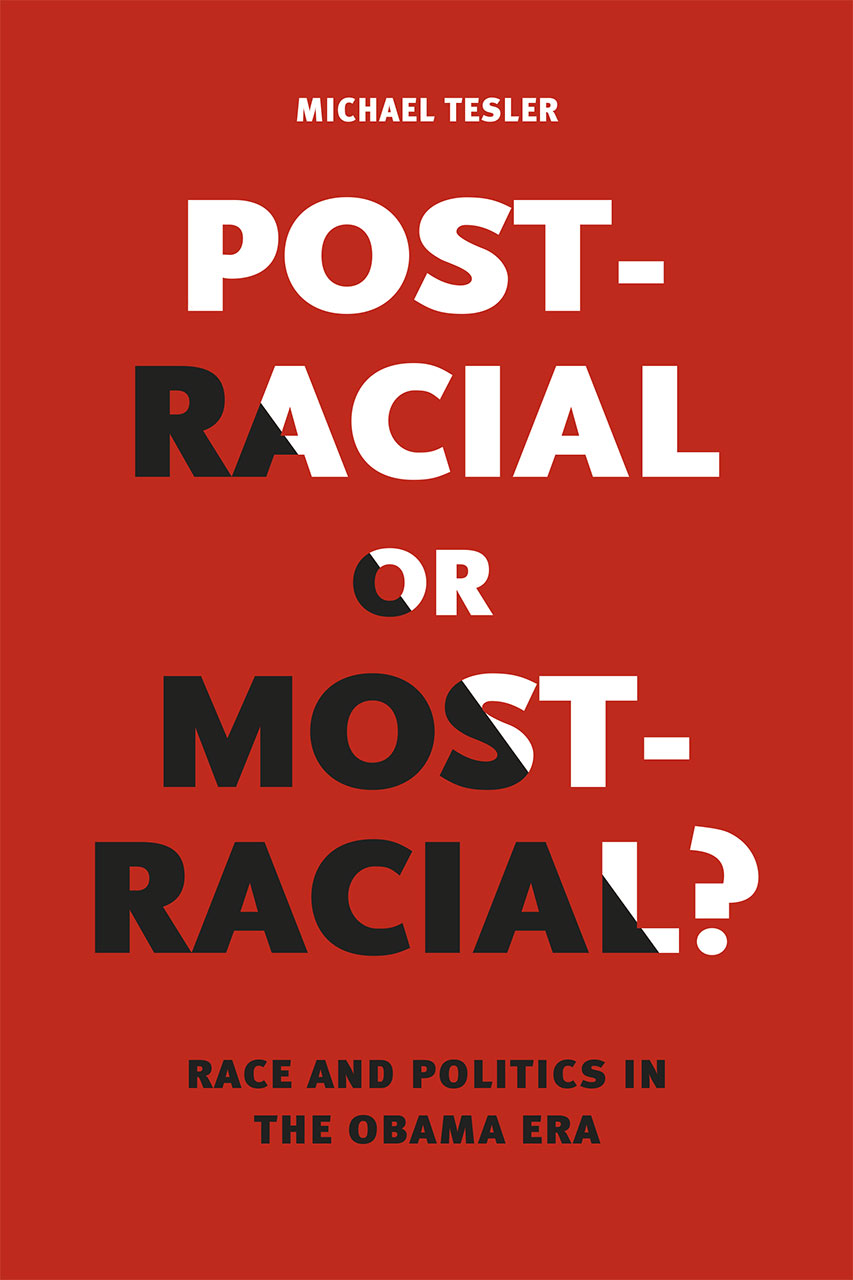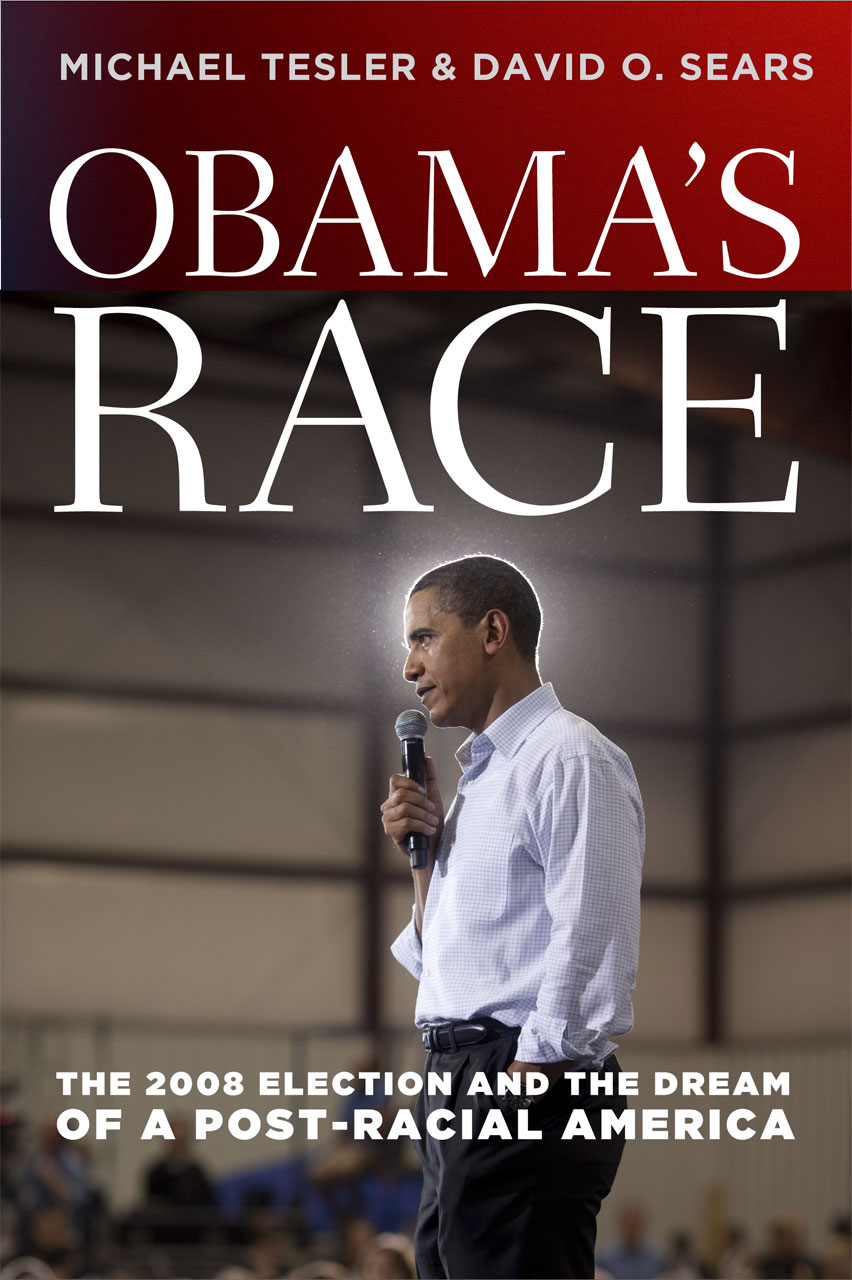Post-Racial or Most-Racial? Race and Politics in the Obama EraPosted in Barack Obama, Books, Media Archive, Monographs, Politics/Public Policy, United States on 2016-06-03 02:18Z by Steven |
Post-Racial or Most-Racial? Race and Politics in the Obama Era
University of Chicago Press
April 2016
272 pages
3 halftones, 55 line drawings, 11 tables
6 x 9
Paper ISBN: 9780226353012
Cloth ISBN: 9780226352961
E-book ISBN: 9780226353159
Michael Tesler, Assistant Professor of Political Science
University of California, Irvine
When Barack Obama won the presidency, many posited that we were entering into a post-racial period in American politics. Regrettably, the reality hasn’t lived up to that expectation. Instead, Americans’ political beliefs have become significantly more polarized by racial considerations than they had been before Obama’s presidency—in spite of his administration’s considerable efforts to neutralize the political impact of race.
Michael Tesler shows how, in the years that followed the 2008 election—a presidential election more polarized by racial attitudes than any other in modern times—racial considerations have come increasingly to influence many aspects of political decision making. These range from people’s evaluations of prominent politicians and the parties to issues seemingly unrelated to race like assessments of public policy or objective economic conditions. Some people even displayed more positive feelings toward Obama’s dog, Bo, when they were told he belonged to Ted Kennedy. More broadly, Tesler argues that the rapidly intensifying influence of race in American politics is driving the polarizing partisan divide and the vitriolic atmosphere that has come to characterize American politics.
One of the most important books on American racial politics in recent years, Post-Racial or Most-Racial? is required reading for anyone wishing to understand what has happened in the United States during Obama’s presidency and how it might shape the country long after he leaves office.
Contents
- Acknowledgments
- Introduction: Obama as Most-Racial
- Chapter 1. Racial Attitudes and American Politics in the Age of Obama
- Chapter 2. The Spillover of Racialization Hypothesis
- Chapter 3. The Obama Presidency, Racial Attitudes, and the 2012 Election
- Chapter 4. Racial Attitudes and Evaluations of Public Figures in the Obama Era
- Chapter 5. The Spillover of Racialization into Public Policy Preferences
- Chapter 6. Racial Attitudes and Voting for Congress in the Obama Era
- Chapter 7. The Growing Racialization of Partisan Attachments
- Chapter 8. The Expanding Political Divide between White and Nonwhite Americans
- Chapter 9. Conclusion: Racial Politics in the Obama and Post-Obama Eras
- Notes
- References
- Index

